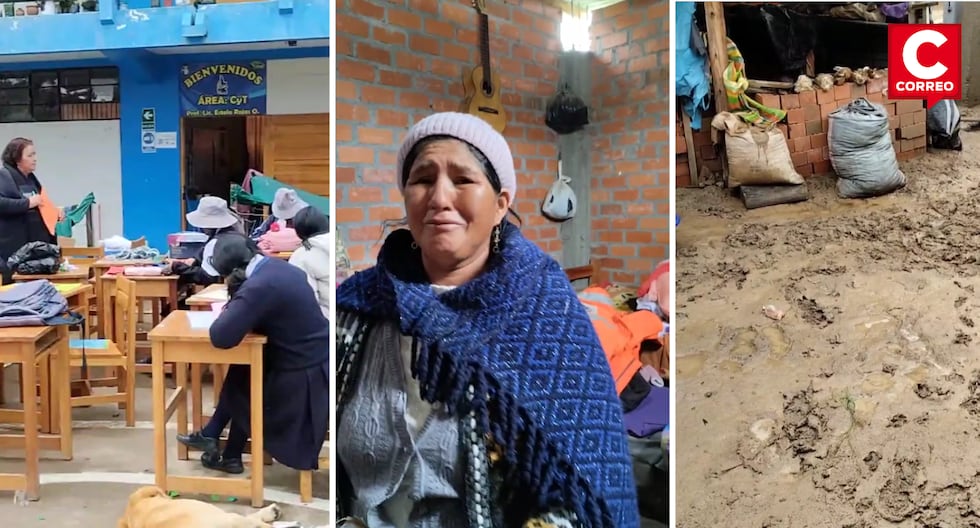The book “The Life of Carlota. Memories from Mucuyché”, by José N. Iturriaga offers a deep and detailed portrait of Carlota of Habsburg, last empress of Mexico, through a narrative that intertwines historical rigor with an enriched human dimension. This work highlights, in addition to the central events of her life, Carlota’s stay in Yucatán and her visit to the henequen hacienda of Mucuyché, an aspect little explored in other biographies of the empress.
The book covers the most significant stages of Carlota’s life, from her childhood in Belgium to her arrival in Mexico as empress, and her tragic emotional decline after the execution of Maximilian. The work analyzes several fundamental aspects:
Her time in Yucatán and Mucuyché: The impact of Carlota’s visit to this region, her interaction with local society and the symbolism of her presence on a henequen hacienda are explored, as a window to the deep Mexico of the 19th century.
Cover of the book “The Life of Carlota. Memories from Mucuyché”, by José N. Iturriaga.
Charlotte as a woman and politician: The novel presents Charlotte not only as an imperial consort, but as an active political figure who sought to influence international events, facing both intrigues and the limits imposed by her gender and her time.
Personal transformation and tragedy: From her idealistic youth to her final isolation in Belgium, the work details Carlota’s emotional and psychological evolution, marked by disappointments, betrayals and the impact of the political conflicts she experienced.
The historical context of the Second Mexican Empire: Iturriaga places Carlota at the center of a narrative that addresses the complexities of the relations between Mexico and Europe, as well as the social and political tensions that characterized this period.
Book “The life of Carlota. Memories from Mucuyché”, by José N. Iturriaga.
The book “Carlota’s Life” was presented at the Museum of Popular Art, which currently hosts the exhibition “…who will be interested in me?”, an exhibition by EL CLUB until February 2, 2025.
It seems to me that Charlotte of Habsburg represents much more than the story of an empress trapped by the political and personal intrigues of her time. Carlota was an educated, cultured and visionary woman, qualities that distinguished her at a time when expectations for women were limited and restrictive. Despite the difficulties he faced, he challenged those barriers, actively getting involved in political affairs and seeking to influence momentous decisions, even in a hostile context that underestimated his ability.
As a woman, it is inspiring to analyze her life beyond the simplistic stories that reduce her to a victim of circumstances or a character relegated to madness. Instead of focusing solely on his tragic end, it is crucial to highlight his courage in facing a political role that required him to navigate between two worlds: that of European intrigues and that of the social complexities of Mexico. Carlota was not a passive figure; He used his resources, his education and his influence to try to sustain an empire that, although failed, represents a crucial period in Mexican history.
Book “The life of Carlota. Memories from Mucuyché”, by José N. Iturriaga.
More about the author:
José N. Iturriaga is a renowned Mexican historian, doctor in History and winner of prestigious awards such as the Malcolm Lowry (1988) and the José C. Valadés (2008), which highlight his work in historical research on foreign travelers in Mexico. Throughout his career, he has contributed to the analysis and dissemination of key themes in national history through works that combine academic rigor and accessible narrative.















